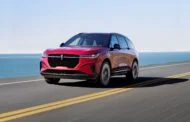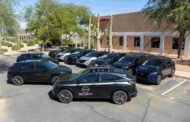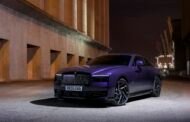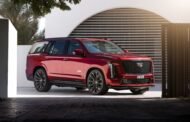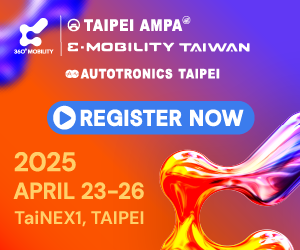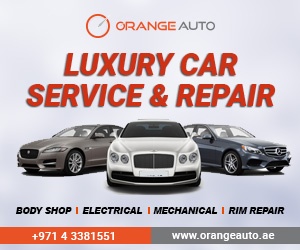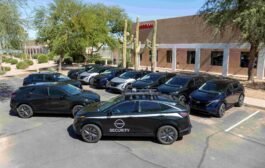When it comes to conventional cars with internal combustion engines, Robert Bosch GmbH is one of the top automotive suppliers in the world. The company is now seeking to emerge as the top supplier when it comes to components for zero-emission vehicles also with plans to invest 400 million euros every year in electromobility. Bosch is also likely to compete with Asian manufacturers venturing into industrializing. It may also compete with Asian heavyweights like Panasonic, LG Chem and Samsung by industrializing the assembly of battery cells.
Commenting on this new strategy, Bosch CEO Volkmar Denner told the media last month, “We are No. 1 in the market for combustion engine systems and we aim for this spot as a supplier for electromobility.”
Bosch projects that that there will be almost 20 million hybrids or EVs will be made in 2025, though 85 million conventional vehicles will also be produced in the same year. To explore the potential in this market, Bosch has plans to set up a separate electromobility business unit within its new Powertrain Solutions division. By 2018, the company will have 88,000 employees focusing on propulsion technology.
Denner said that the company will decide by then as to whether to venture into mass production of battery cells.
Bosch’s new electromobility unit will focus on two things:
- Boosting powertrain efficiency, and this might include exploring the option of integrating the transmission, power electronics and the electric motor of a vehicle within its axle.
- To improve battery performance at the cell-chemistry level and try and double the energy density of batteries by 2020 by more investing in liquid and solid-state cell research and development.
Bosch’s new strategy will receive assistance from its Seeo business unit, a U.S. company specializing in solid-state cells that Bosch had acquired in 2015.
Bosch deems to believe that solid-state cell technology offers motorists greater safety as the Bosch team feels that battery cells using liquid electrolytes to transport energy-carrying ions can be damaged in the event of an accident causing dangerous leaks. If it reaches a stage where the chemical reaction cannot be controlled, the heat that is generated can feed upon itself, thus triggering a chain reaction that can cause an explosion.
“If you can eliminate electrolytes as a source of thermal runaway, you can apply more aggressive cell chemistry,” Denner said. There is only one problem – solid-state cells do not conduct electricity as well as liquid electrolytes do.









